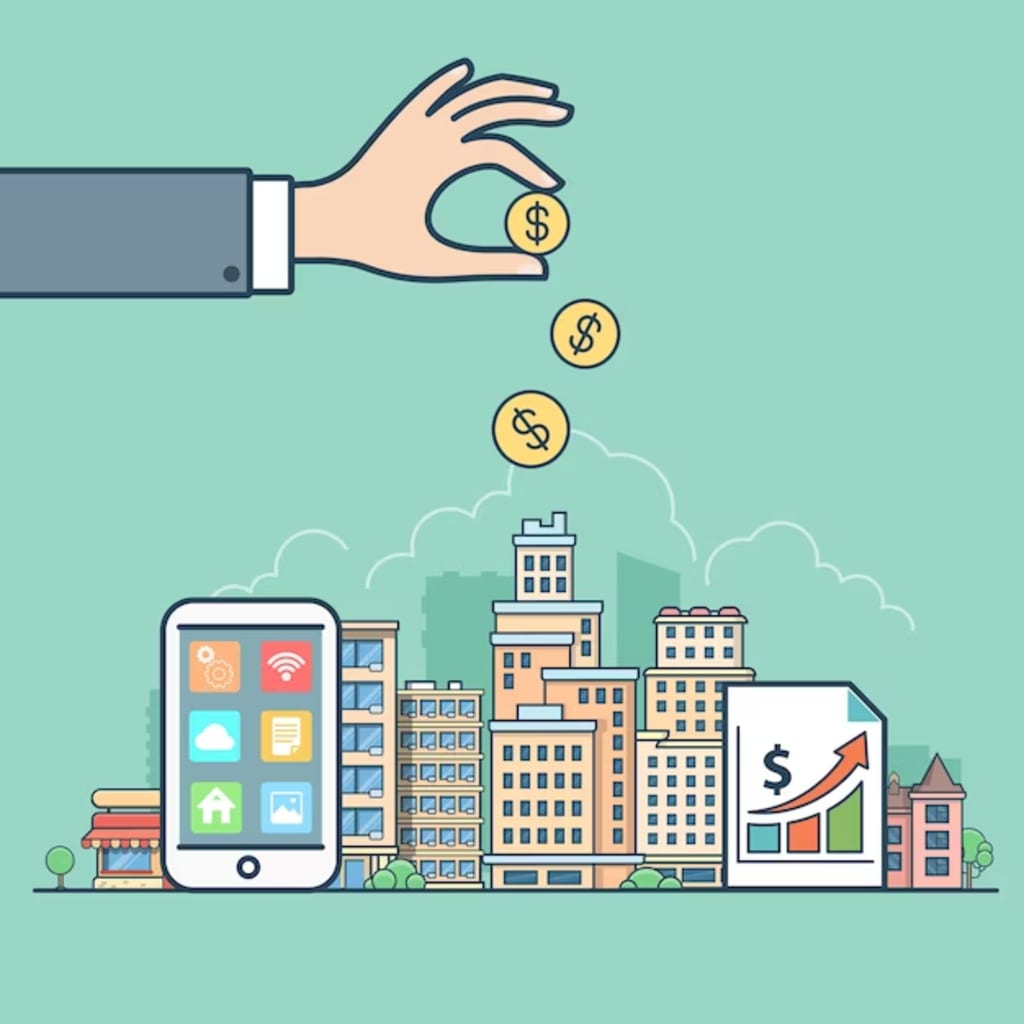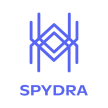Unlocking New Opportunities: A Comprehensive Guide to Asset Tokenization in Real Estate
This comprehensive guide explores the transformative potential of asset tokenization in real estate investment. gain insights into the future of real estate investment through asset tokenization.

Asset tokenization is a new form of investment that is rapidly gaining popularity in the real estate industry. Tokenization of assets refers to the process of converting physical assets such as real estate, artwork, and other valuable properties into digital tokens that can be bought and sold on the blockchain. This innovative approach has the potential to revolutionize the way we invest in real estate, unlocking new opportunities for both investors and property owners.
In this blog, we will provide a comprehensive guide to asset tokenization in real estate, exploring its benefits, risks, and potential applications. By the end of this guide, you will have a solid understanding of how asset tokenization works and how it can be leveraged to create value in the real estate industry.
What is Asset Tokenization?
Asset tokenization is the process of converting ownership rights to a particular asset into digital tokens that are stored on a blockchain network. In other words, it's the process of representing an asset in the form of a digital token or a cryptocurrency.
This allows for fractional ownership of assets, meaning that ownership of an asset can be divided into smaller portions and sold to a larger number of investors. For example, if a real estate property is tokenized, investors can purchase fractions of the property in the form of tokens, which represent their ownership stake.
Tokenization can be applied to a variety of assets, including real estate, art, collectibles, stocks, and even intellectual property. Tokenization provides numerous benefits, such as increased liquidity, transparency, and accessibility, and it has the potential to revolutionize the way assets are bought, sold, and traded.
What is Asset Tokenization in Real Estate?
Asset tokenization refers to the process of dividing a physical asset into smaller units, known as tokens, that can be bought and sold on a blockchain. In the case of real estate, this means that the property is divided into shares that are represented by digital tokens. These tokens can be traded on a blockchain-based platform, providing investors with a new way to invest in real estate without having to buy the entire property.
Benefits of Asset Tokenization in Real Estate
Asset tokenization has several benefits, including:
Increased Liquidity: Asset tokenization enables investors to buy and sell tokens on a blockchain-based platform, providing them with a more liquid and accessible way to invest in real estate.
Fractional Ownership: Asset tokenization allows multiple investors to own a share of the property, making it possible for smaller investors to participate in real estate investment opportunities that would otherwise be out of reach.
Lower Costs: Asset tokenization can significantly reduce the costs associated with buying and selling real estate, including transaction fees, legal fees, and administrative costs.
Improved Transparency: Asset tokenization provides investors with a high level of transparency and accountability, as all transactions are recorded on a blockchain that is accessible to all participants.
Greater Efficiency: Asset tokenization streamlines the real estate investment process, making it faster and more efficient.
How to Invest in Asset Tokenization in Real Estate?
If you are interested in investing in asset tokenization in real estate, there are several steps you can take to get started:
Do Your Research: Before investing in any asset, it is important to do your research and understand the market dynamics, the risks, and the potential rewards.
Find a Platform: There are several blockchain-based platforms that offer asset tokenization services. Look for a reputable platform that has a strong track record and a robust security system.
Choose Your Investment: Once you have identified a platform, choose an investment opportunity that aligns with your investment goals and risk profile.
Invest: Once you have selected an investment, invest the amount you are comfortable with, keeping in mind the risks and potential rewards.
The Process of Real Estate Asset Tokenization
Asset Identification: The first step in the tokenization process is to identify the asset that will be tokenized. The asset can be any type of real estate property, such as a residential or commercial property.
Legal and Regulatory Considerations: Before tokenizing the asset, it is essential to ensure that the process complies with all legal and regulatory requirements. This step can involve obtaining legal opinions, conducting due diligence, and obtaining regulatory approvals.
Asset Valuation: The next step is to determine the value of the asset. This valuation can be done using traditional real estate valuation methods, such as the income approach, market approach, or cost approach.
Tokenization: Once the asset is valued, the tokenization process can begin. The asset ownership is divided into digital tokens that are then listed on a blockchain network. These tokens can be bought, sold, and traded by investors.
Secondary Market: Once the tokens are listed on a blockchain network, investors can buy and sell their tokens in a secondary market. This secondary market provides liquidity to investors and enables them to diversify their portfolios.
Legal and Regulatory Considerations
Securities Law: Tokenization involves the issuance of securities, which are subject to securities laws and regulations. It is essential to ensure that the token issuance complies with all applicable securities laws and regulations.
Anti-Money Laundering (AML) and Know Your Customer (KYC): Real estate tokenization involves the transfer of funds, which can make it susceptible to money laundering and fraud. AML and KYC regulations help prevent these risks by requiring investors to provide identification and proof of funds.
Taxation: Tokenization can have tax implications for both the issuer and the investor. It is essential to consider these tax implications and consult with tax professionals to ensure compliance.
Final Words
Real estate asset tokenization is an emerging technology that provides a range of benefits to investors, including fractional ownership, increased liquidity, lower costs, and transparency. However, tokenization also involves legal and regulatory considerations, such as securities law, AML and KYC regulations, and taxation. By following the proper procedures and complying with all legal and regulatory requirements, real estate asset tokenization can unlock new opportunities for investors.






Comments
There are no comments for this story
Be the first to respond and start the conversation.